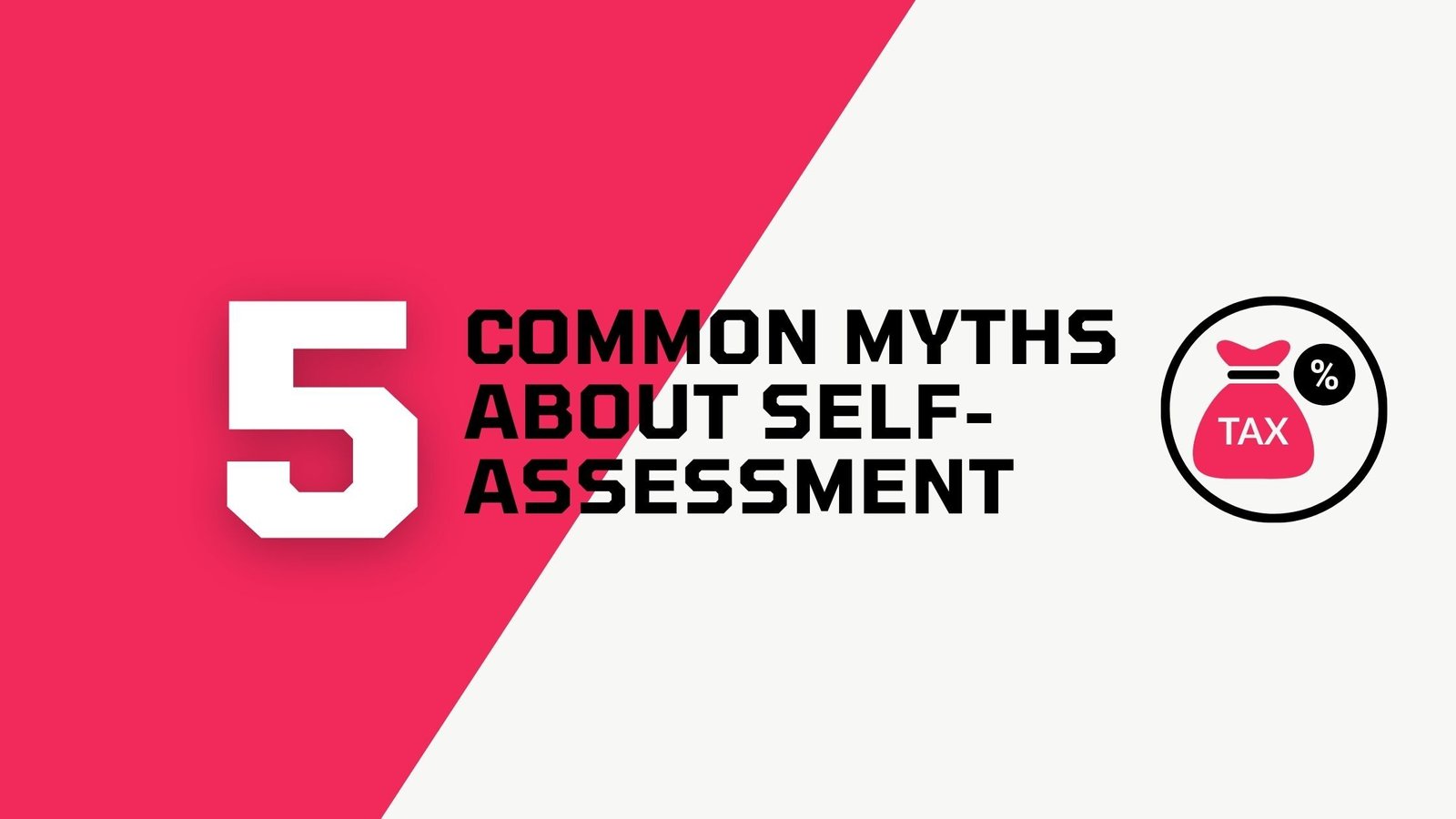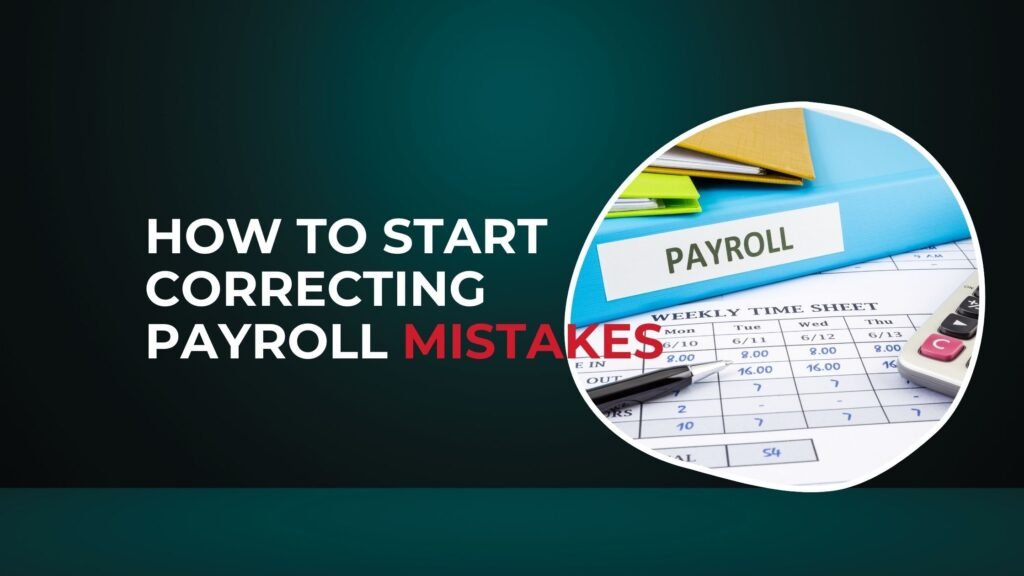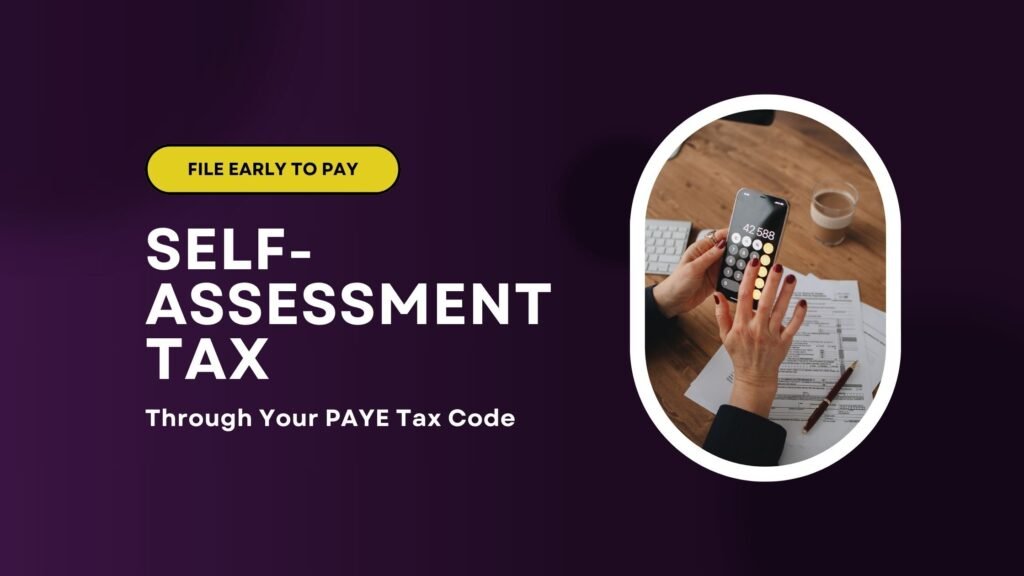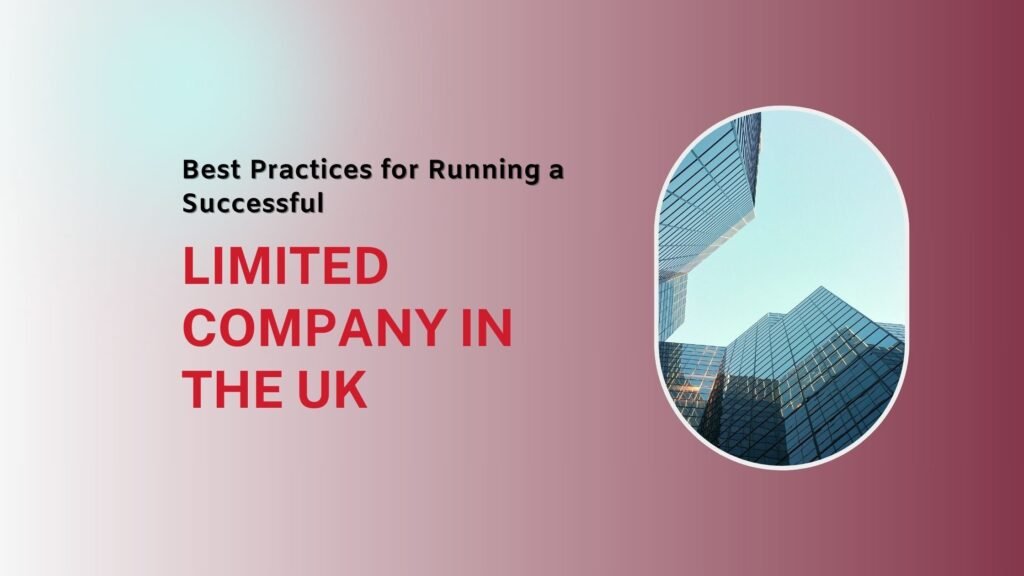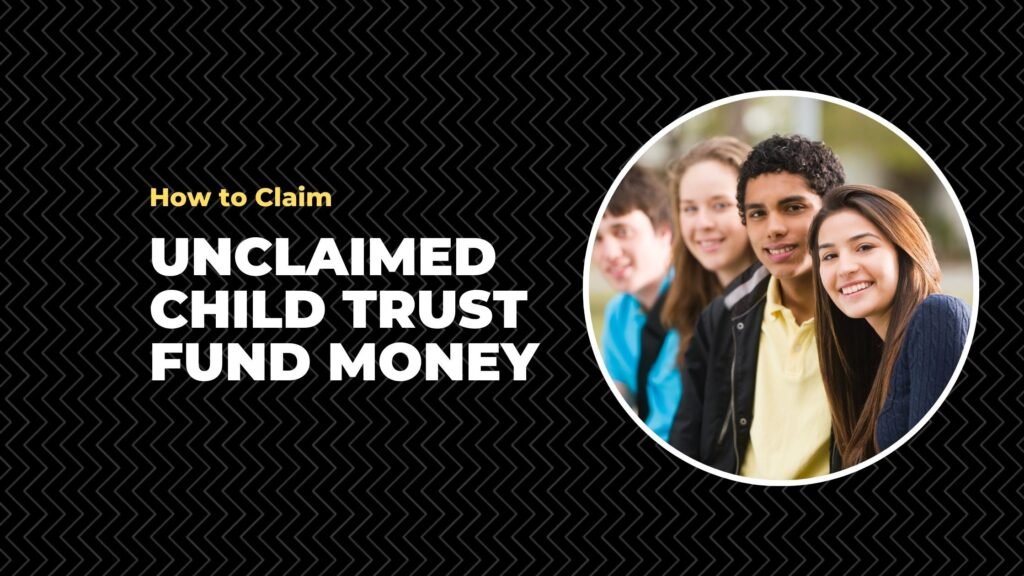HMRC recently addressed some common myths about filing a self-assessment tax return, helping taxpayers understand who actually needs to file by the 31 January 2025 deadline. Let’s take a look at the most widespread misconceptions – and the facts behind them.
Myth 1: “HMRC Hasn’t Contacted Me, So I Don’t Need to File a Tax Return”
Reality: It’s each individual’s responsibility to determine if they need to file a tax return for the 2023-2024 tax year, regardless of contact from HMRC. Reasons to file include:
- Being newly self-employed with gross income over £1,000.
- Earning less than £1,000 but choosing to pay Class 2 National Insurance Contributions voluntarily to protect eligibility for the State Pension and certain benefits.
- Joining a business partnership as a new partner.
- Receiving untaxed income over £2,500.
- Receiving Child Benefit and having income over £50,000 (increasing to £60,000 for the 2024-25 tax year), triggering the High Income Child Benefit Charge.
Myth 2: “I Have to Pay the Tax as Soon as I File My Return”
Reality: Not true! While you can file your return early, the deadline for paying any tax owed for the 2023-24 tax year is still 31 January 2025. Filing early doesn’t mean you need to pay immediately.
Myth 3: “I Don’t Owe Any Tax, So I Don’t Need to File a Return”
Reality: Even if you don’t owe tax, you might still need to file a self-assessment to:
- Claim a tax refund.
- Get tax relief on business expenses, charitable donations, or pension contributions.
- Pay voluntary Class 2 National Insurance Contributions to protect eligibility for the State Pension and certain benefits.
Myth 4: “HMRC Will Remove Me from Self-Assessment If I No Longer Need to File”
Reality: HMRC will not automatically take you out of self-assessment. If you no longer need to file, it’s essential to inform HMRC, especially if you’ve received a notice to file. Otherwise, HMRC will keep sending reminders, and you may face penalties.
You may not need to complete a return if you:
- Have stopped renting out property.
- No longer need to pay the High Income Child Benefit Charge.
- Have a reduced income below the £150,000 threshold and no other reason to file.
Myth 5: “HMRC Requires Self-Assessment for Selling Personal Items Online”
Reality: Despite some online rumors, the tax rules haven’t changed for personal sales. If you’ve sold personal items like clothes, books, or CDs on online marketplaces, you don’t need to file a self-assessment or pay tax on these sales. However, those selling items as a business or making significant income from online sales may need to file a return.
If you need to submit a self-assessment tax return for the 2023-24 tax year and haven’t filed before, remember to notify HMRC by 5 October 2024. To make the process simpler and stress-free, book a free consultation with us today. Our experts will guide you through each step, ensuring you meet the deadline with confidence
